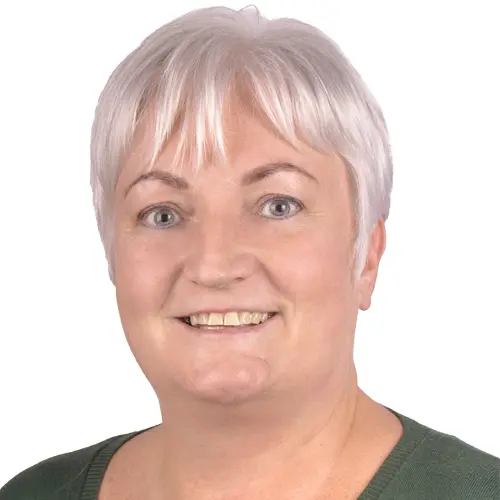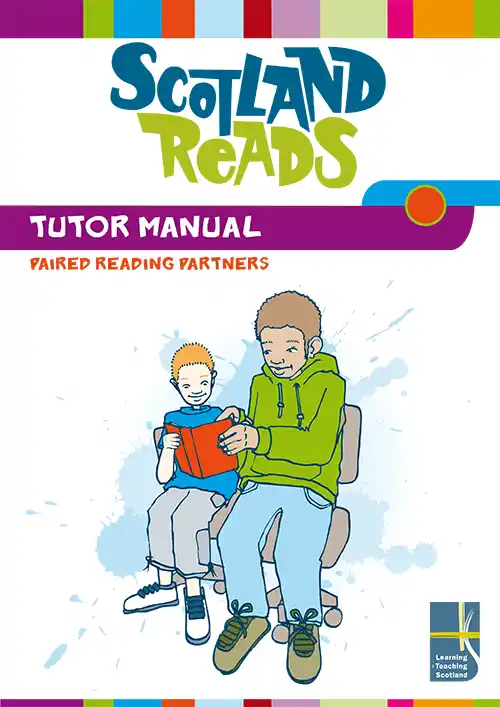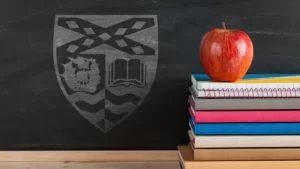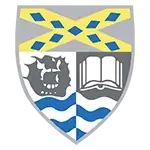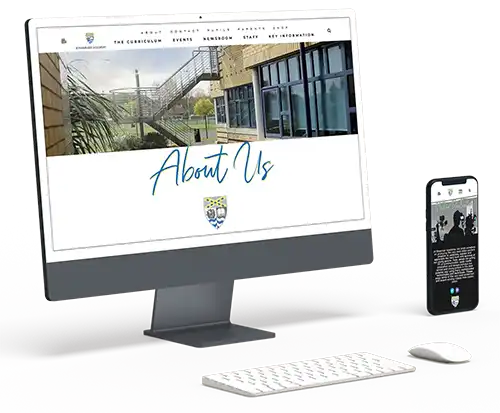- The Curriculum
-
BGE Curriculum
S1–S3 learning for life and the future.
Faculties & Subjects
News, courses and creativity from every subject.
Remote Learning
Learn anywhere with online resources.
THE CURRICULUM
Learning through Scotland’s Curriculum for Excellence.
Study Starts Now
Your hub for SQA exam success at Stranraer Academy.
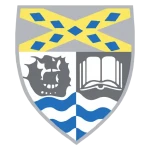
Senior Phase
Learning pathways beyond the BGE.
Support for Learning
Supporting learners with additional needs.
Creative Opportunities
Exciting competitions and challenges for our young people.
-
- Events
-
Trips
Explore upcoming visits and residentials that enrich the school experience.
Enterprise & Innovation
Inspiring creativity, teamwork, and entrepreneurial thinking.
-
- Newsroom
-
The Headteachers Office
News, updates and student achievements from the Headteacher’s Office.
The Teachers Lounge
Catch daily updates and social feeds from all subjects.
Film Archive
Archive for Legacy Media Production.
NEWSROOM
Stay up to date with news from Stranraer Academy.
Media Production
See our amazing videos! Celebrate student talent and creativity.

-
- Staff
-
Teachers & Support
Meet our dedicated staff creating a first-class learning environment.
Parent Council
The Parent Council: your voice in school decisions.
STRANRAER ACADEMY STAFF
Inspiring, creative teaching drives everything we do at Stranraer Academy.
Leadership
Leading Stranraer Academy with vision and purpose.

-
- Key Information
-
Virtual Tour
Take an engaging virtual tour of Stranraer Academy.
Frequently Asked Questions
Your FAQs about Stranraer Academy, all in one place.
School Meal Information
Healthy meals, menu choices, free meal info, and our Healthy Recipe app.
KEY INFORMATION
All the key info on policies, uniform, apps, school meals and more for our school community.

-

